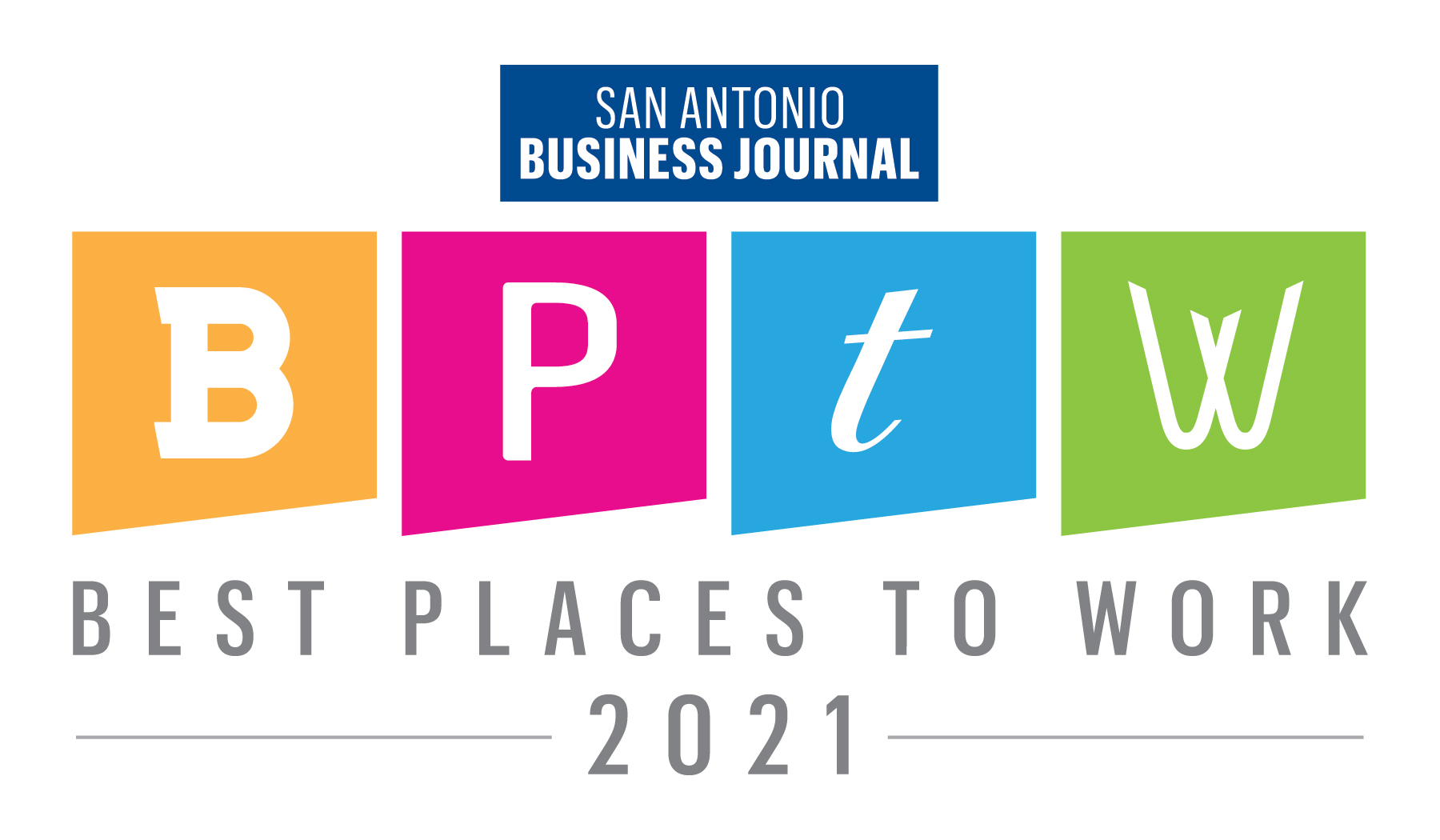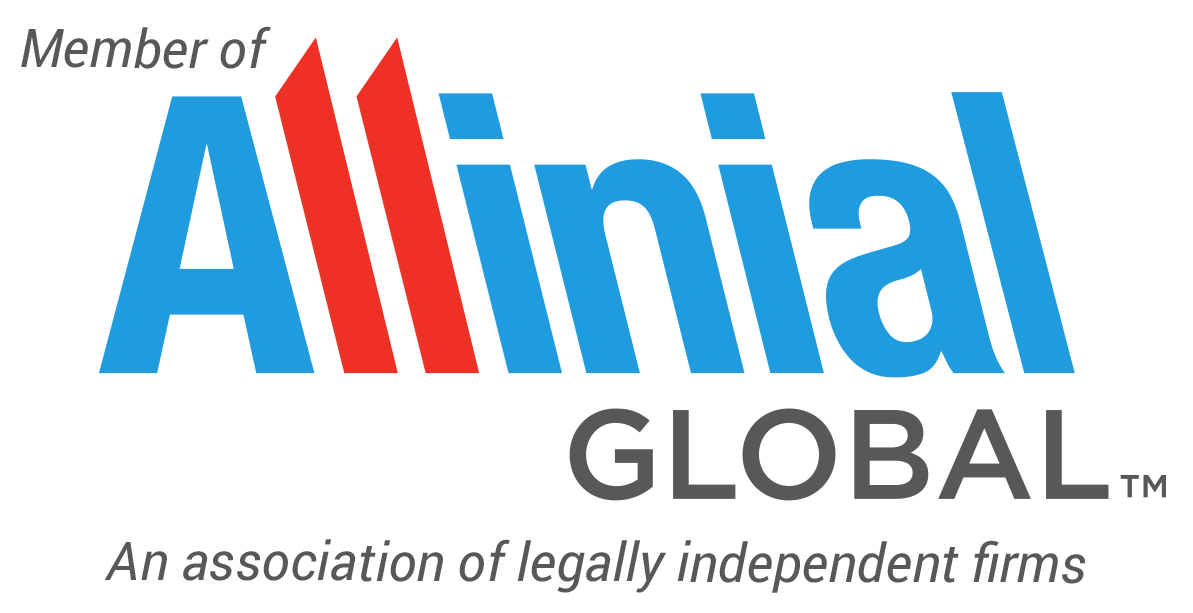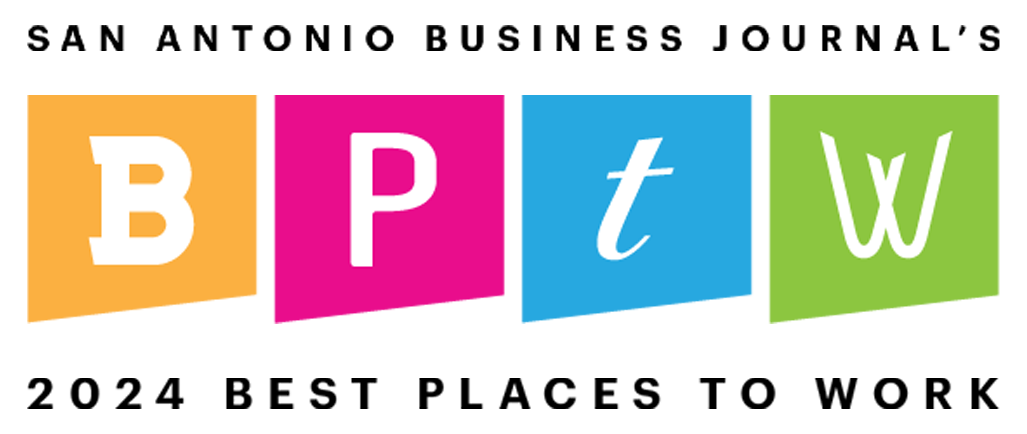The CARES Act and subsequent legislation provided many tax benefits to businesses and individuals affected by COVID-19. It seems that every week there is news of updated IRS guidance concerning tax years past, present, and future, aimed at providing relief. Now that we are halfway through 2021, it’s a good time for a refresher on COVID legislation and tax filings, plus a few things to consider before year-end.
PPP Loan Forgiveness
Have you applied for Paycheck Protection Program (PPP) loan forgiveness? Borrowers may submit a loan forgiveness application at any time once all loan proceeds have been used for covered expenses. If you do not apply for loan forgiveness within 10 months after the last day of the covered period, then loan payments are no longer deferred, and you must begin paying principal and interest. For example, if your covered period ended on October 10, 2020, you have until August 10, 2021, to submit your loan forgiveness application, or you will need to begin making payments. To be eligible for full loan forgiveness, 60% of fund expenditures will need to be attributed to payroll costs. The remaining loan funds can be attributed to rent, covered mortgage interest, and utilities.
Starting in January 2021, the Small Business Administration (SBA) began accepting the second round of PPP loan applications. However, the SBA recently stopped accepting new applications from most lenders even before the May 31, 2021 deadline. Due to the exhaustion of most of the program’s $284 billion in funds, the SBA will only accept applications from Community Financial Institutions until the remaining funds are exhausted.
If your business was one of the lucky ones to receive a second draw PPP loan, the terms and processes for loan forgiveness would be similar to the first draw, but with the addition of potential expenditure allowances for worker protection and facility, modification to comply with COVID-19 health guidelines and operating costs such as software, cloud services, inventory purchases, and accounting needs. As with the first PPP draw, 60% of funds must be spent on payroll costs for full loan forgiveness.
Tax Updates Related to PPP Loans
Under the original legislation, expenses paid with the proceeds of a forgiven PPP loan were not deductible. Recent legislation changed that. If you have already filed your 2020 federal or state return but did not deduct PPP-covered expenses, you may elect to deduct these expenses on your 2021 tax return. There is no need to file an amended 2020 return.
See our State Tax Update for more information about state tax issues associated with PPP loans.
Employee Retention Credit
The Employee Retention Credit (ERC) offers employers impacted by COVID the opportunity to obtain potential refunds to help fund future payroll and keep their employees working. Here are some important reminders about the ERC:
- The ERC and has been extended through the end of 2021, and businesses that were PPP loan borrowers are now eligible to take the credit for 2020 and 2021, but keep in mind that any wages for which a credit is computed cannot be included in payroll costs for the purposes of the PPP loan forgiveness.
- The ERC compares a business’s gross receipts from one quarter in 2021 to the same quarter in 2019. If gross receipts for 2021 are less than 80% of gross receipts for the same quarter in 2019, they are eligible to receive a credit up to $7,000 per employee per quarter.
- There is also a safe harbor for the 1st and 2nd quarters of 2021 that qualifies a business for the ERC if the previous quarter has at least a 20% decline in gross receipts.
- The credit is taken on your quarterly federal payroll tax return (Form 941), and it is not too late to claim the credit for 2020 by filing a Form 941X to amend your previous returns.
- To the extent that you know the ERC will exceed your required federal payroll tax deposits, you can apply for an advance refund by filing Form 7200. (This will get you in line for the refund sooner than if you wait until the end of the quarter and claim the credit on your Form 941.
A quick reference chart is located on our website that provides an overview of both the 2020 and 2021 provisions.
Contact your ATKG advisor to determine if you might qualify.

Income Tax Updates
Tax return preparation is in full swing, so here are a few things to keep in mind for 2020 and 2021.
Important Dates
- The federal tax filing deadline was extended to May 15th. Still, due to an extension provided to states declared as disaster areas, June 15th is now the deadline for Texas, Louisiana, and Oklahoma residents to:
- file most tax returns for individual, business, trusts, and estates
- make first quarter estimated tax payments
- make 2020 IRA contributions
- If a longer preparation period is necessary, extensions will be granted to:
- September 15th – Partnerships, S-Corporations
- October 15th – Individuals, C-Corporations, Trusts, Estate, and Gift Tax returns
Net Operating Losses
CARES Act legislation now allows net operating losses (NOLs) generated in 2018 thru 2020 to be carried back 5 years. They must be carried back to the earliest year in the five-year carryback period first. If you had NOLs in 2018 through 2020, you might consider amending prior year returns to use the losses and obtain refunds. Businesses can still carry forward NOLs generated after 2017 indefinitely.
Biden Tax Proposals
Lastly, President Biden has released a proposed infrastructure bill called the ‘American Jobs Plan’. The plan contains some major tax provisions including an increase in the corporate tax rate, an elimination of tax preferences and credits for fossil fuels, and a 15% minimum tax on book income for corporations with over $100 million in revenue. For more information on what’s included in the plan, see our blog post “Overview of President Biden’s Tax Proposals for Individuals”. ATKG will be carefully monitoring any new tax and legislative developments closely.
ATKG is Here to Help
If you have any questions or need clarification on any of the topics discussed, please contact your ATKG advisor. As always, ATKG is here to help our clients navigate the ever-changing landscape of tax legislation and provide insightful solutions for the prosperity of your business and family.




